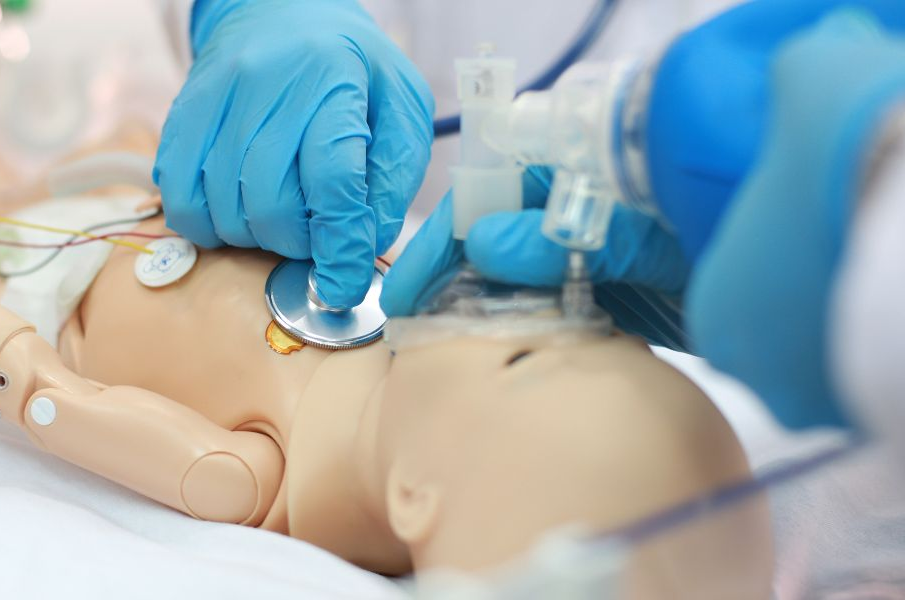5 Key Advantages of NRP Certification

Newborn Resuscitation Program (NRP) certification is an important credential for healthcare professionals who care for newborn babies. It teaches life-saving skills and prepares medical staff to respond quickly in emergencies after a baby is born.
Many hospitals and healthcare facilities require staff to have NRP certification because it improves the quality of care and increases confidence in handling critical situations. In this article, we will discuss five key advantages of obtaining NRP certification and why it is valuable for anyone working in neonatal care.
1. Improved Knowledge and Skills
One of the main advantages of NRP certification is that it gives healthcare professionals advanced knowledge and practical skills in newborn resuscitation. The training teaches how to recognize when a newborn needs help and how to perform life-saving interventions like clearing airways or performing chest compressions.
By learning these skills in a structured environment, medical staff become more competent and confident in handling emergency situations. This knowledge directly improves patient care and reduces the risk of complications during birth.
2. Increased Confidence in Emergency Situations
NRP certification helps healthcare providers feel more confident when emergencies occur. Birth can be unpredictable, and newborns may face challenges like difficulty breathing or low heart rate. NRP training allows professionals to practice these situations in a controlled environment before facing real emergencies.
This preparation reduces panic and hesitation, ensuring that the medical team can act quickly and effectively. Confidence gained through NRP certification can make a significant difference in the outcome for the newborn.
3. Enhanced Career Opportunities
Having NRP certification can open doors to more career opportunities for healthcare professionals. Many hospitals and clinics prefer or require staff to have this certification, especially for roles in labor and delivery, neonatal intensive care, or emergency medicine.
Employers see NRP-certified staff as highly skilled and reliable, which can lead to promotions, higher responsibilities, or better job offers. Certification not only shows dedication to professional development but also makes a healthcare worker more competitive in the job market.
4. Improved Teamwork and Communication
NRP certification emphasizes teamwork and effective communication during newborn emergencies. During training, participants learn how to work with other staff members, give clear instructions, and respond quickly to changing situations.
This improves coordination in real-life scenarios and ensures that every team member knows their role. Better teamwork leads to faster response times and higher chances of positive outcomes for newborns in critical situations.
5. Lifesaving Impact on Newborns
The most important advantage of NRP certification is its direct impact on saving newborn lives. Proper training ensures that healthcare professionals can identify problems quickly and act effectively. By applying the skills learned in NRP, doctors, nurses, and midwives can prevent serious complications or even death in newborns.
Certification gives professionals the knowledge and tools to provide the best care possible during those crucial first minutes after birth.
Conclusion
NRP certification is more than just a credential; it is a commitment to improving newborn care. It equips healthcare professionals with the skills, confidence, and teamwork abilities needed to handle emergencies effectively.
The certification also enhances career growth and ensures that newborns receive the highest quality care. For anyone working in neonatal care, obtaining NRP certification is a valuable investment that can make a real difference in the lives of babies and their families.












